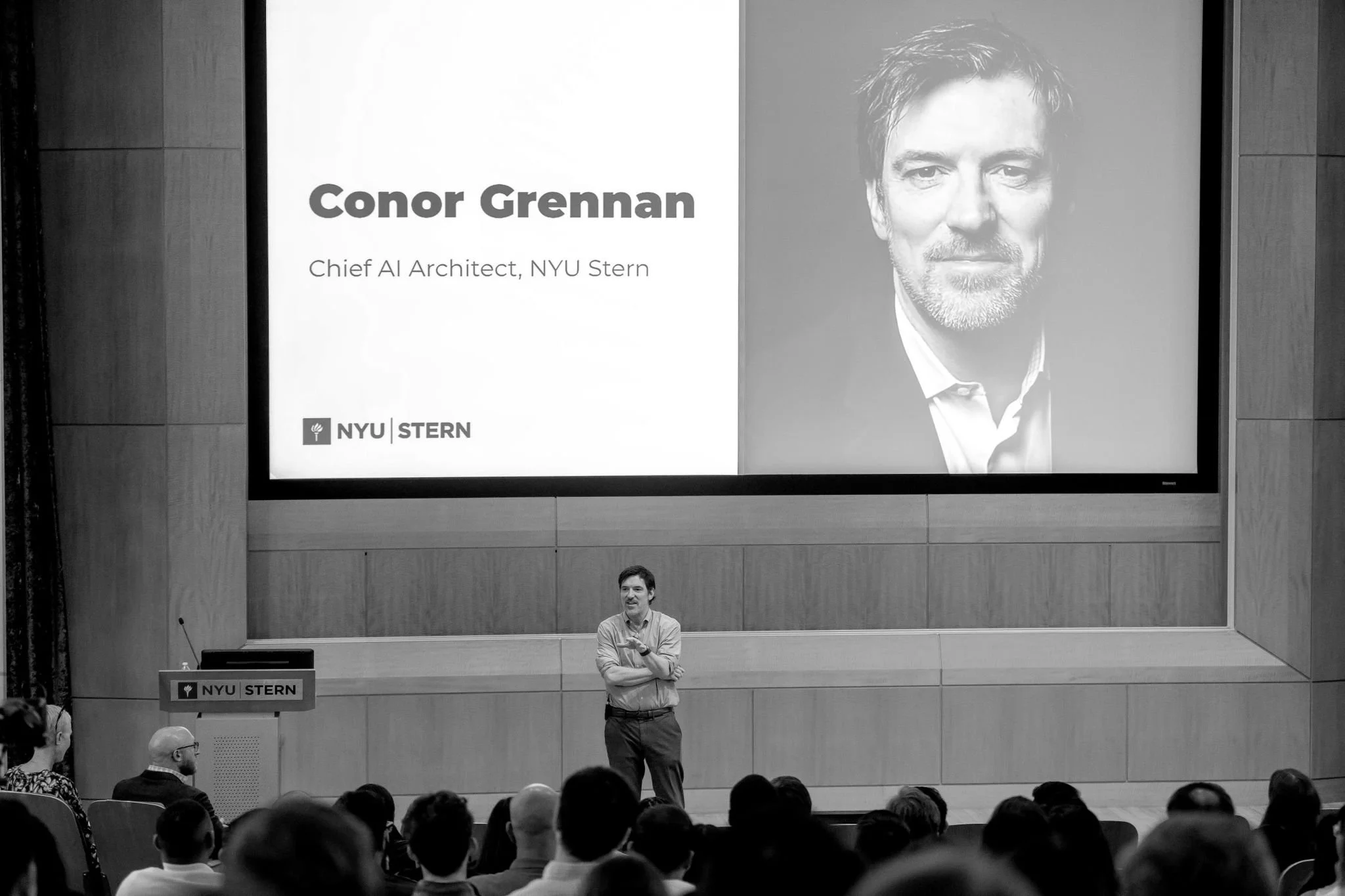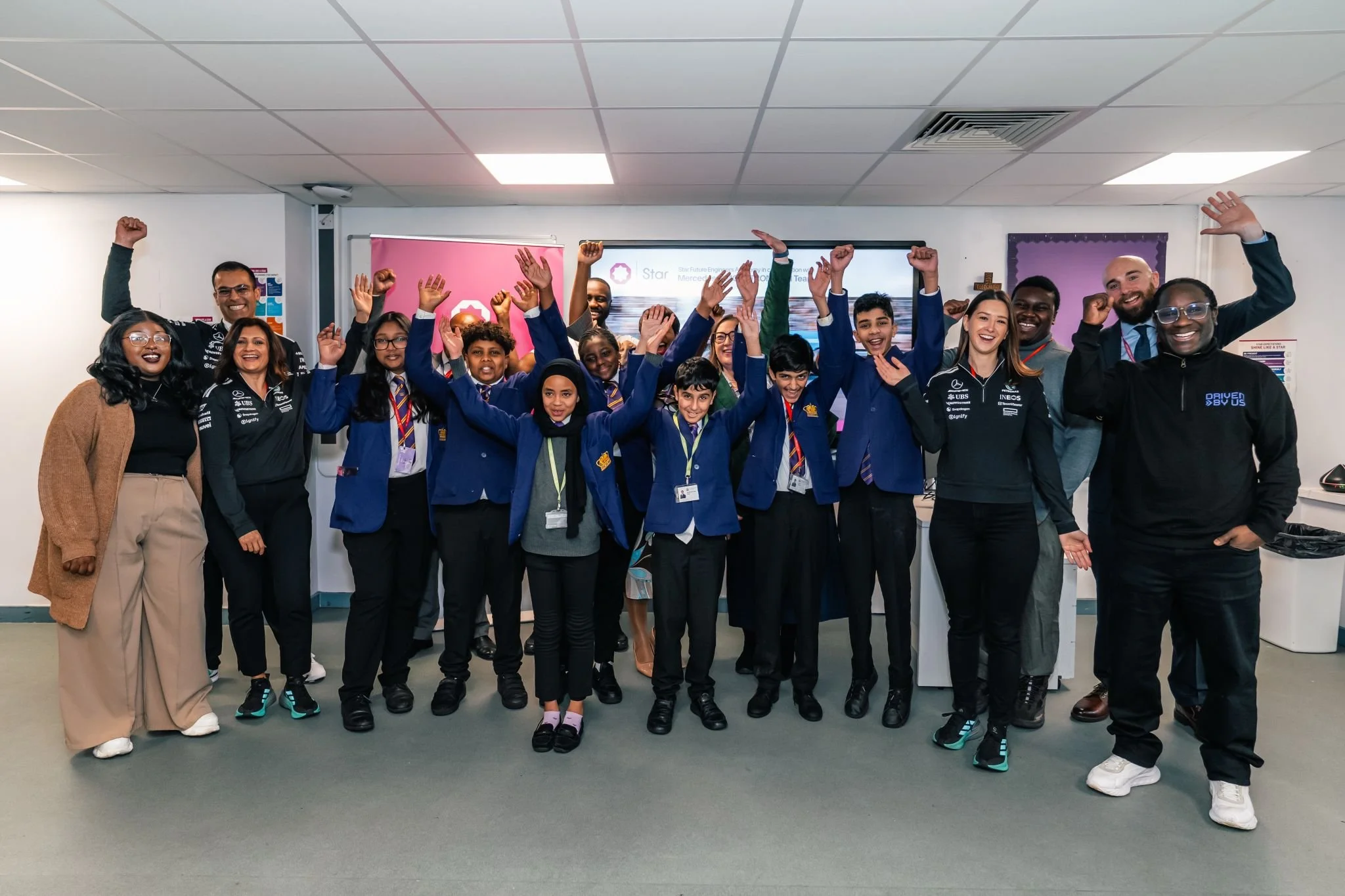Foundation Alloy, a new platform for creating high-performance metals, developed by a team from MIT
Foundation Alloy, founded by a team from MIT, has launched a new platform for creating high-performance metals.

Credit: MIT
Foundation Alloy can produce a new class of high-performance metals using a novel production process that does not require raw materials. The solid-state metallurgy technology simplifies development and manufacturing of next-generation alloys.
Developed over years of research by ex-MIT professor Chris Schuh and other collaborators, the technology creates metal alloys that are twice as strong as traditional metals with product development also said to be ten times faster.
The researchers say the development will allow companies to test, iterate and develop new metals into products within months instead of years.
Using an advanced sintering process, Foundation Alloy is able to use an order of magnitude less heat, which saves on costs and allows companies to forego secondary processes for quality control. It also provides more control over the microstructure of the final parts.
“This is an entirely new approach to making metals,” explains Foundation Alloy’s CEO Jake Guglin, who co-founded Foundation Alloy alongside Schuh, Jasper Lienhard, and Tim Rupert. “It gives us a broad set of rules on the materials engineering side that allows us to design a lot of different compositions with previously unattainable properties. We use that to make products that work better for advanced industrial applications.”
Foundation Alloy is currently piloting its metals across the industrial base and has received grants to help develop parts for critical components used in nuclear fusion reactors.
“At the core of our approach is looking at problems like material scientists with a new technology,” Guglin adds. “We’re not beholden to the idea that this type of steel must solve this type of problem. We try to understand why that steel is failing and then use our technology to solve the problem in a way that produces not a ten percent improvement, but a two- or five-times improvement in terms of performance.”




















